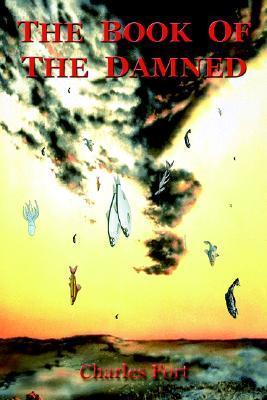What do you think?
Rate this book


228 pages, Paperback
First published January 1, 1919

The data of the damned. I have gone into the outer darkness of scientific and philosophical transactions and proceedings, ultra-respectable, but covered with the dust of disregard. I have descended into journalism. I have come back with the quasi-souls of lost data. They will march.
---
The power that has said to all these things that they are damned, is Dogmatic Science.
---
All sciences begin with attempts to define. Nothing ever has been defined. Because there is nothing to define. Darwin wrote The Origin of Species. He was never able to tell what he meant by a "species." It is not possible to define. Nothing has ever been finally found out. Because there is nothing final to find out. It's like looking for a needle that no one ever lost in a haystack that never was—
---
The novel is a challenge to vulgarization: write something that looks new to you: someone will point out that the thrice-accursed Greeks said it long ago.
---
It may be that in the whole nineteenth century no event more important than this occurred. In La Nature, 1887, and in L'Année Scientifique, 1887, this occurrence is noted. It is mentioned in one of the summer numbers of Nature, 1887. Fassig lists a paper upon it in the Annuaire de Soc. Met., 1887. Not a word of discussion. Not a subsequent mention can I find. Our own expression: What matters it how we, the French Academy, or the Salvation Army may explain? A disk of worked stone fell from the sky, at Tarbes, France, June 20, 1887.
---
My notion of astronomic accuracy: Who could not be a prize marksman, if only his hits be recorded?
---
But what would a deep-sea fish learn even if a steel plate of a wrecked vessel above him should drop and bump him on the nose? Our submergence in a sea of conventionality of almost impenetrable density. Sometimes I'm a savage who has found something on the beach of his island. Sometimes I'm a deep-sea fish with a sore nose.
